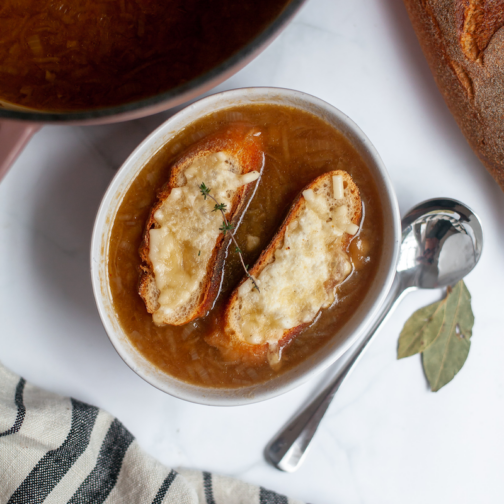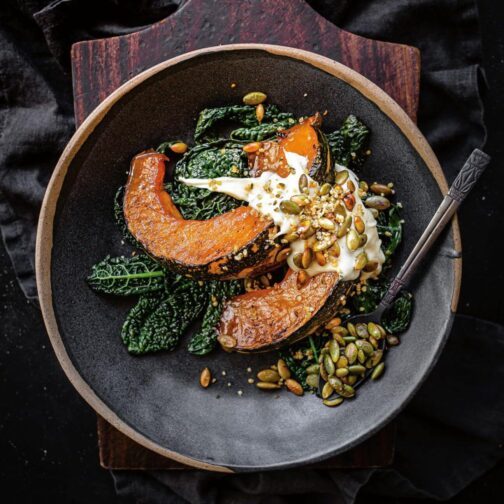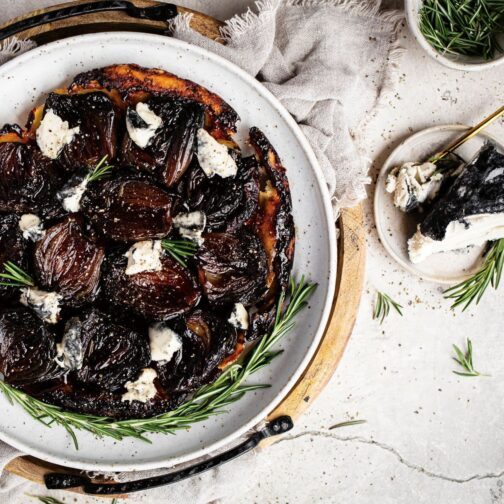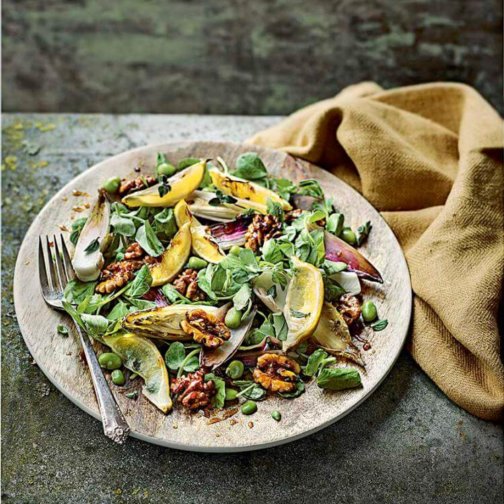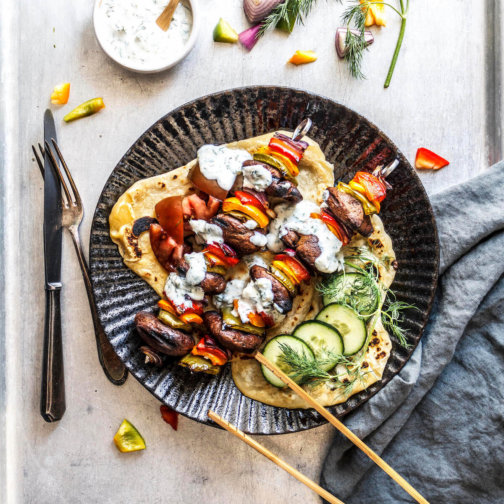
You’ve probably already been feeding your children plenty of plant-based foods without even meaning to. Here’s how to introduce them to more.
Plant-based diets are recognised as perfectly healthy for children by Dietitians Australia as well as the American Dietary Association. When well planned, they meet all nutritional needs and are suitable for all ages and stages, including pregnancy, infancy, childhood and adolescence.
My little Annabelle, who is currently 14 months old, was born perfectly healthy following my vegan pregnancy. She continues to thrive on a completely vegan diet today. She is a happy and cheeky little girl who loves to read books and play with her siblings, plus she is right on track with her physical and developmental milestones.
I wasn’t vegan when I had my older twins, so I have been transitioning them to a vegan diet after making the switch myself a few years ago. They now eat a predominantly plant-based diet and I would like them to be vegan one day too.
Children raised on or transitioned to a fully or predominantly plant-based diet can enjoy so many health benefits. Plant-based eating has been proven to reduce the risks for heart disease, strokes, cancer, obesity, diabetes, and other conditions later in life, but also reduces the risks for allergies and asthma in childhood.
TRANSITIONING KIDS TO A PLANT-BASED DIET
Creating vegan meals for children doesn’t have to be complicated. Most children are already familiar with a range of plant-based foods such as vegetables, fresh fruit, pasta, bread and dried fruits. Without really thinking about it, you’ve probably been feeding your children a fair bit of vegan food.
If you’d like to transition your family and children to a plant-based diet, start with one meal a day. Breakfast is often the easiest meal of the day to start with. For easy plant-based breakfasts, try making delicious smoothies, swapping dairy milk for almond milk in cereal, or offering peanut butter or avocado toast. Once you’ve got one meal of the day sorted, you can try switching animal proteins for plant proteins in other meals. Try introducing legumes or tofu and adding more vegetables into your family dinners.
When transitioning my own kids to a vegan diet, I found it helpful to prepare yummy foods and to make it fun! So many kid-friendly foods can be made plant-based. Think baked potato chips, pastas, pizzas, sandwiches and more. It might also help to sometimes buy some packaged vegan foods, such as cheese, sausages or nuggets, to get them started. Switching to a plant-based diet does not mean they can’t eat their favourite meals anymore. You can easily make these vegan or create new family favourites! My twins’ latest favourite meals are lentil dhal and cashew cheese pasta.
CATERING FOR PICKY EATERS
Sometimes, introducing new plant-based meals can be a little tricky with picky eaters. New foods, strong flavours, spicy foods and bitter foods are often the cause of food aversions in children. But these aversions are normal and very common in all young children, regardless of diet.
If your picky eaters have foods they don’t love, try serving them in different ways, using different cooking techniques, spices or condiments. For example, you could serve capsicums in Mexican dishes, raw with dips, or baked in the oven with a rice filling. Also, if both parents model healthy eating behaviours, this can reduce the level of fussiness.
A great way to reduce picky eating behaviours and help children transition to plant-based meals is to get them involved with menu planning, food shopping, and cooking. Most children really love being part of the decision-making process around mealtimes and of preparing the dish.
The more your children are in the kitchen, the more familiar the foods will be, and the more likely they will be to embrace a healthy, plant-based lifestyle.
WHAT’S FOR DINNER?
Aim to eat a balanced vegan diet, high in vegetables, fruits, and wholegrains, and include some form of plant protein, such as legumes, beans, or tofu. Feed children healthy sources of fat like seeds and nuts as well as calcium-fortified plant milks each day to cover all their nutritional needs.
For snacks, I recommend giving children at least two or more pieces of fruit a day and hummus with veggie sticks. Seeds and nuts are a great plant-based snack for growing children. Or for something more substantial, nut butter wholemeal sandwiches, smoothies or raw energy balls are also great choices.
Try not to not worry so much about their daily nutritional requirements, instead make sure they get a balanced, nutritious diet over the course of a full week. An abundant and colourful plant-based diet that is also diverse is the best diet you can feed your children.
Encourage them to ‘eat a rainbow’ every day!
Whether you decide to raise vegan children from birth or make the switch to plant-based eating as a family later on, rest assured your children can thrive and grow on this diet. My family enjoys vibrant health following a plant-based diet, and I know I am setting my children up for healthier outcomes when filling their plates with delicious plant-based foods.



